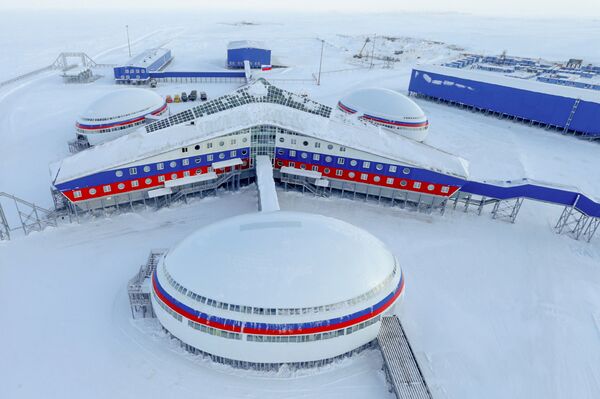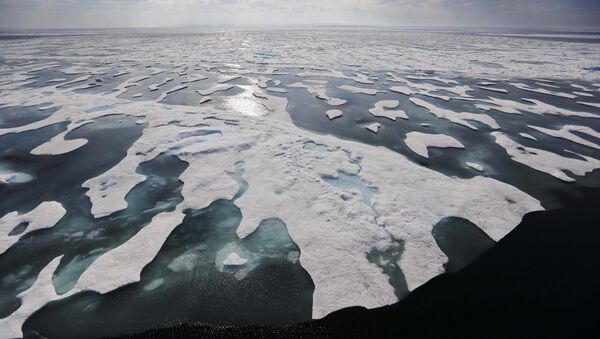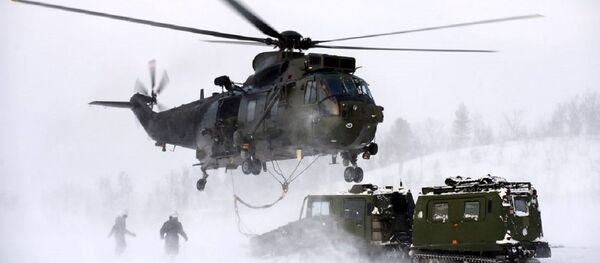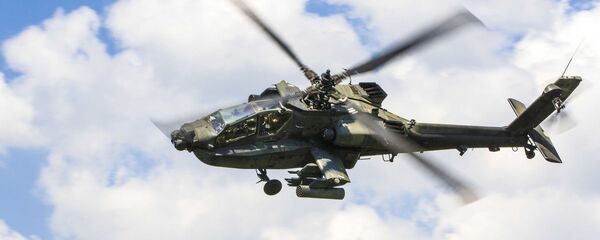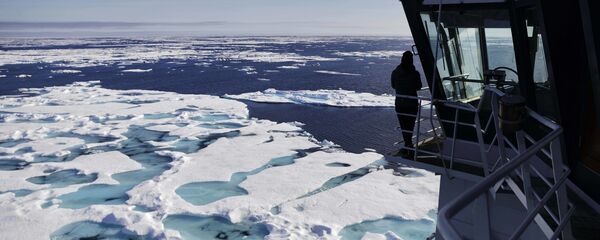Speaking at a Royal Marines base in Bardufoss, about 80 km from Norway's border with Russia on Sunday, Williamson stressed that the UK's nine new P8 Poseidon maritime patrol aircraft would be used to help monitor and constrain the activities of Russian submarines in the North Atlantic and the Arctic Sea. The UK's Arctic deployment will also include a contingent of 1,000 Royal Marines, rotated in and out of Norway annually over a period of ten years, the defence secretary said.
The deployment is a follow-up to the UK's Defence Arctic Strategy, unveiled in late 2018, which is aimed explicitly against Russia and its alleged attempts to militarise the area.
Speaking to Sputnik about London's ambitious plans, military journalist Col (ret.) Alexander Zhilin argued that Williamson's remarks about Russia are just a pretext.
"Such statements are characterised by the fact that a serious struggle is beginning to unfold over these territories. Natural resources dictate the rules of behaviour. Therefore, I think, under the pretext of 'protecting someone from the Russians', the British will try to deploy and build up their forces there."
The Arctic's growing economic significance includes the region's immense oil and gas reserves (estimated at about 100 billion tonnes and 50 trillion cubic metres, respectively), along with the prospective Northern Sea Route, a potentially highly lucrative sea transit zone between Europe and Asia.
Russian Navy Captain First Rank Mikhail Nenashev echoed Zhilin's assessment of the UK's capabilities, telling Sputnik that "from a naval point of view, the UK has practically no naval resources with which to engage in a buildup against Russia in the Arctic."
"Furthermore," the naval officer noted, "they have a lot of problems which were revealed in the recent NATO exercises near our Arctic territories. They lost that Norwegian destroyer, their troops froze their buns off, and they had problems with communications, with troops complaining about the lack of a GPS signal. Therefore, there is no need to talk of any serious British military influence in the Arctic," Nenashev said.
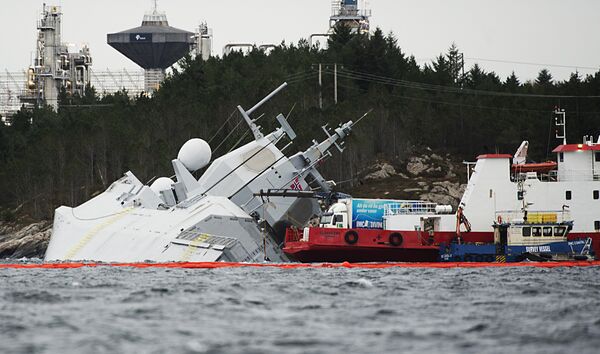
Russia Observing Developments…For Now
Senior Russian lawmakers were similarly unbothered with the British defence secretary's rhetoric. Col Gen. Viktor Bondarev, former commander of the Russian Air Force and chairman of the Russian senate's committee on defence and security, assured Sputnik that "the situation in the Arctic region" was under Moscow's control.
"For now, an escalation of tensions is not taking place; we are simply observing the development of the situation. But we will respond promptly to any aggressive step on the part of any NATO member state," Bondarev stressed.
Renewed British Imperial Ambitions?
Finally, Vladimir Shtol, a geopolitical analyst and professor at the Russian Presidential Academy of National Economy & Public Administration, said that the UK's impending exit from the EU will lead to renewed geopolitical ambitions on London's part.
"We are seeing a revival of London's imperial ambitions. Therefore, it's quite natural that such trends in its foreign policy will only increase. Brexit will lead the UK to an even closer alliance with the US. Therefore, we should expect more ambitious claims by London to participate in a variety of regions, from the Middle East to Southeast Asia," Shtol suggested.
In any case, Shtol suggested that "for the foreseeable future, we shouldn't expect Western countries to be able to bridge the gap" between their military and strategic capabilities in the Arctic and those of Russia.
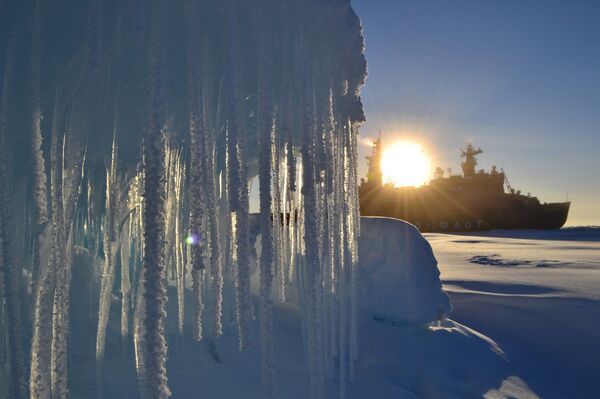
"Russia has been engaged in the active development of the Arctic for over a decade; this includes its fleet, its military capabilities, the development of the Arctic shelf, legal support within the framework of the United Nations, and a number of other measures aimed at increasing the capabilities of our natural and economic complex in the Arctic region," the observer concluded.
